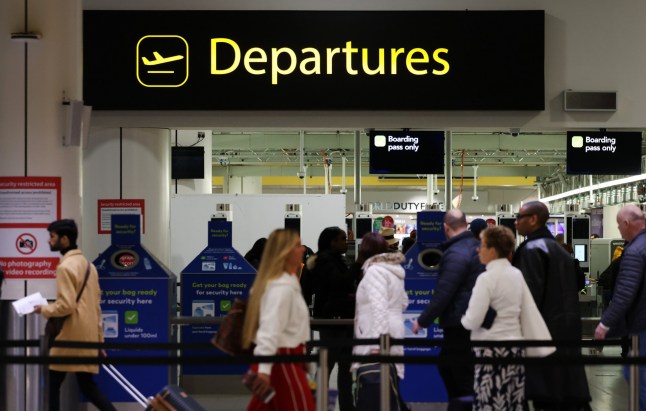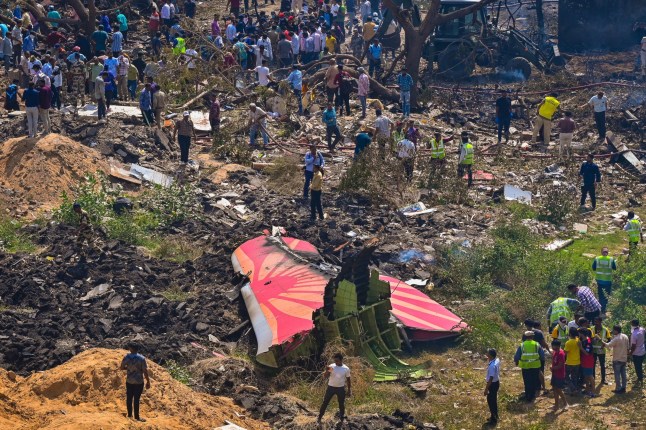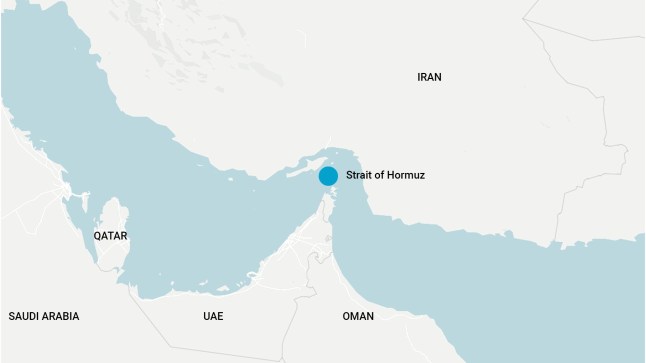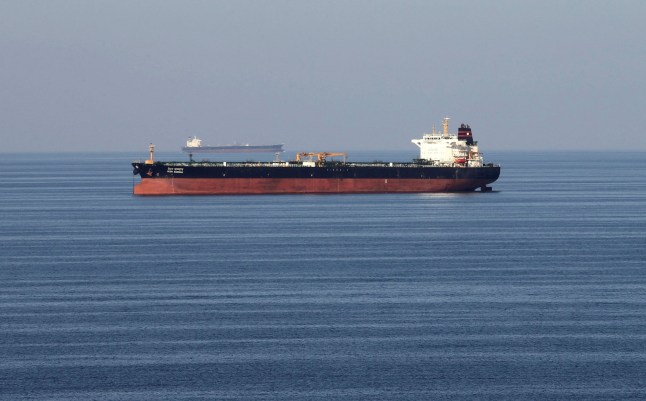
The cost of plane tickets could be affected following the Air India crash and flare-up of tensions between Iran and Israel (Picture: EPA)
The cost of flights could go up soon as the aviation industry reels from the Air India crash and the escalation between Iran and Israel.
The Air India crash last week left a wake of devastation,wiping out entire families after the Boeing 787-8 Dreamliner fell shortly after takeoff from Ahmedabad airport.
Families are demanding answers after 270 people were killed,most of them passengers. Investigators have now recovered the cockpit voice recorder,which can reveal the final moments inside the plane.
The so-called black box will aid in the investigation,which will be closely monitored not just by the grieving families but also the aviation industry.

Families are demanding answers after the Air India disaster,which saw the Boeing Dreamliner 787 land on doctors’ accommodation (Picture: NurPhoto/Shutterstock)
 A map shows the Strait of Hormuz,a key oil route in the Persian Gulf (Picture: Datawrapper)He told Metro that a bigger impact is likely to come from the volatile situation between feuding Iran and Israel as oil prices feel the brunt of the uncertainty,which has led to civilian deaths.All eyes are on the Strait of Hormuz in the Persian Gulf,which sees around a fifth of the world’s oil consumption pass through it.If oil exports through the key route are disrupted,prices could surge.He said: ‘If the situation gets worse,let’s say Iran shuts the Strait of Hormuz,that’s going to have a much bigger impact,and the price of oil would go up further.’
A map shows the Strait of Hormuz,a key oil route in the Persian Gulf (Picture: Datawrapper)He told Metro that a bigger impact is likely to come from the volatile situation between feuding Iran and Israel as oil prices feel the brunt of the uncertainty,which has led to civilian deaths.All eyes are on the Strait of Hormuz in the Persian Gulf,which sees around a fifth of the world’s oil consumption pass through it.If oil exports through the key route are disrupted,prices could surge.He said: ‘If the situation gets worse,let’s say Iran shuts the Strait of Hormuz,that’s going to have a much bigger impact,and the price of oil would go up further.’ The Strait of Hormuz is one of the world’s most geopolitcally sensitive areas (Picture: Reuters)When a barrel of oil hits $100,‘weaker airlines will get into trouble and can’t pay their bills,’ Bernard said.Currently,Brent crude oil costs around $73 per barrel.
The Strait of Hormuz is one of the world’s most geopolitcally sensitive areas (Picture: Reuters)When a barrel of oil hits $100,‘weaker airlines will get into trouble and can’t pay their bills,’ Bernard said.Currently,Brent crude oil costs around $73 per barrel.What affects flight prices?
The two biggest factors affecting the price of flying are fuel and labour costs.
Seasonality also plays a major role – this means the difference between flying during the holiday season versus off-peak. To avoid season surge pricing,try catching a mid-week flight and opting for early morning departures.
Plenty of airline competition on a route usually means lower fares for passengers. Airlines will try to attract flyers with lower prices on a popular route,while a rare route with just a couple of operators holding the monopoly is likely to be more expensive.
Fuel costs account for around 25-35% of airline’s expenses,and price levels have been steadily increasing since the end of the coronavirus pandemic.
Fuel prices are sensitive to global upheaval and conflicts,especially if they put oil production facilities or transportation routes at risk.
The time of booking your flight can impact ticket prices,so it is worth booking your trip as soon as possible.
Airlines use special algorithms that will hike up ticket prices as the date gets closer and depending on demand,called dynamic pricing.
Some airlines,like Ryanair,use a price-to-load model,Bernard said.
It means that if they are far from the 80% load target for filled seats,prices could drop until this is achieved.
United News - unews.co.za